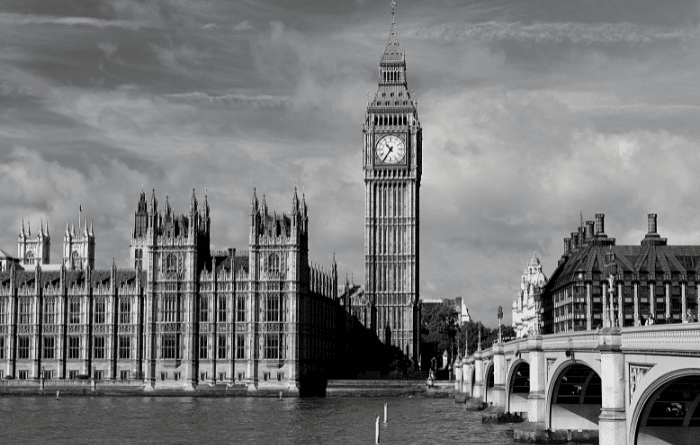Are you thinking of moving to London? Before making any big decisions, make sure you’re aware of all the things London has to offer. From its exciting nightlife and diverse culture, to its bustling business district and impressive architecture, London is a city that has something for everyone. Here are 10 things you need to know before packing your bags and making the move.
12 Things You Should Know Before Moving to London
1. Don’t look for solace at the bottom of a meat pie when the national dish is Chicken Tikka Masala.
Londoners are just as varied in their food preferences as any other city, so you’re bound to find something to your taste.
2. Say goodbye to your U.S. credit score.
While most major U.S. credit cards are accepted in London, you may not be able to use them as freely as you’re used to. Many stores and restaurants require a minimum purchase amount for credit card transactions, so it’s always good to have some cash on hand.
3. Skip the tip at the pub.
Tipping is not customary in pubs, so don’t feel obligated to leave a few extra pounds for the bartender. If you do want to leave a tip, 10% is considered generous.
4. The two-fold wallet will not suffice.
Londoners are very fashion-conscious, so leave the Velcro wallet at home. Men should invest in a good quality leather wallet, and women should have a clutch or small purse for evenings out.
5. The bus is a common mode of public transportation.
In addition to the famous red double-decker buses, London also has an extensive underground tube system. If you’re planning on using public transportation regularly, it’s worth getting an Oyster card, which gives you discounts on fares.
6. The tube closes at midnight, so plan your night out accordingly.
London’s public transportation system runs 24 hours a day, but the tube closes down for a few hours during the night. If you’re planning on going out late, make sure to check the schedules in advance so you don’t get stranded.
7. Most apartments come fully furnished.
When renting an apartment in London, it’s common for the unit to come with furniture already in place. If you’re planning on bringing your own furniture, make sure to check with your landlord first to see if there are any restrictions.
8. There is no such thing as a “British accent”.
While there are many different regional accents within the UK, there is no single “British accent”. Londoners tend to speak with what is known as a “Received Pronunciation”, or RP, which is considered to be the standard form of English.
9. The language is the same, but also different.
English is the official language in London, but there are many words and phrases that are unique to British culture. If you’re planning on moving to London, it’s worth learning some of the local slang before you go.
10. Reserve your seats at the cinema. Unlike in the U.S.,
most cinemas in London do not assign seats in advance. If you want to guarantee that you’ll be able to sit together with your friends, it’s best to arrive early and reserve your seats in advance.
11. Teasing (AKA banter) is considered playful and affectionate.
In London, it’s common for friends to tease each other good-naturedly. This may be unfamiliar to Americans, but it’s important to remember that teasing is usually not meant to be taken seriously.
12. Some companies don’t accept electronic payments from overseas banks.
If you’re planning on using your credit or debit card while in London, make sure to check with your bank in advance to see if there are any restrictions on international transactions.
What else should be on your moving to London checklist
Apply for a national insurance number:
You need a national insurance number to work in the UK. You can apply for one online or by calling Jobcentre Plus.
Understanding your payslip. Your payslip will look different in the UK than it does in other countries. Be sure to take some time to understand what all the abbreviations and numbers mean before starting your new job.
Set up a sim card.
You’ll need a UK sim card to use your phone in London. You can buy one from any major mobile carrier or at many convenience stores.
Acquaint yourself with UK emergency numbers:
In an emergency, you should call 999 or 112. These are the UK’s equivalent of 911.
Get a TV Licence:
If you’re planning on watching TV in London, you’ll need to get a TV Licence. You can apply for one online or by calling the TV Licensing authority.
Register with a GP:
If you need to see a doctor in London, you’ll need to register with a GP. You can find your local GP surgery on the NHS website.
Get an Oyster card:
If you’re going to be using public transport in London, you’ll need an Oyster card. You can get one at any Tube station or from some newsagents.
Open a bank account:
You’ll need a UK bank account to get paid from your new job and to pay bills. You can open an account with any major bank in London.
Find housing:
There are many different options for finding housing in London. You can search online, use a letting agent, or look in the local paper.
Get a job:
Of course, you’ll need to get a job before you can move to London. You can search online, in newspapers, or through recruitment agencies.

